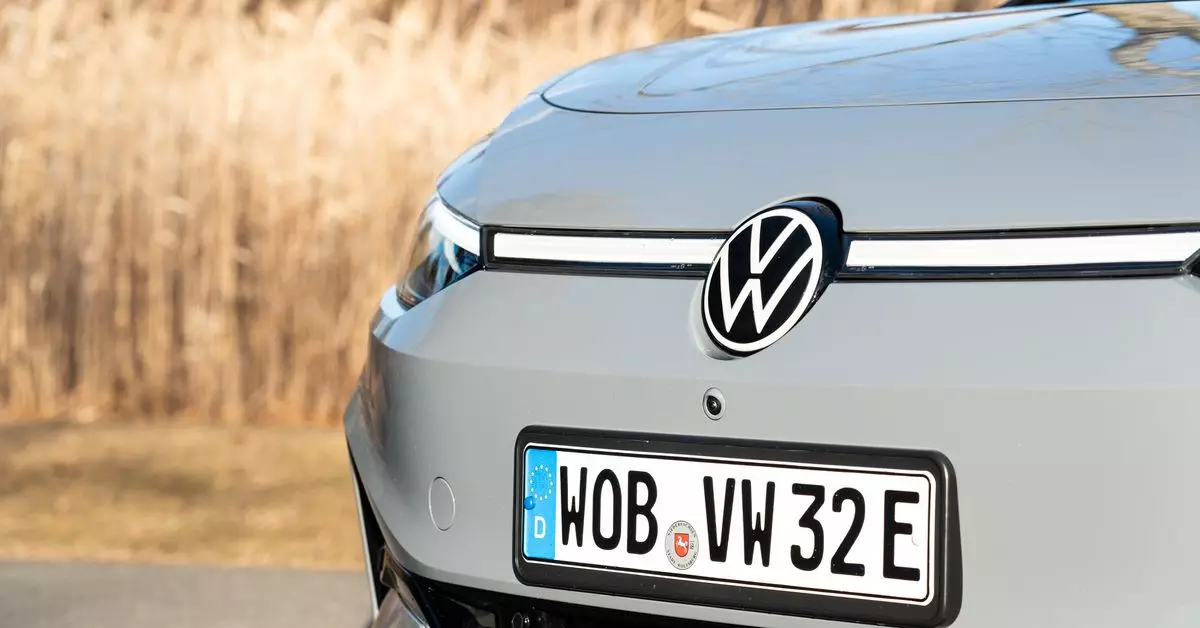In an era where data privacy is paramount, the recent revelation regarding Volkswagen’s significant data leak has underscored the pressing need for robust cybersecurity protocols within the automotive industry. A staggering number of around 800,000 electric Volkswagen vehicles had their location information made publicly accessible due to vulnerabilities within the automaker’s software systems, as highlighted by a comprehensive report from the German publication Der Spiegel.
The leak reportedly originated from the software employed in Volkswagen’s electric vehicles (EVs), raising serious concerns about the security measures in place to protect sensitive information. This shortcoming could have allowed malicious actors to track the precise movements of drivers. A whistleblower, who reached out to Der Spiegel and the European hacking collective known as Chaos Computer Club, exposed the vulnerability that not only implicated Volkswagen’s flagship brand but also extended to other subsidiaries under its umbrella, including Audi, Seat, and Skoda.
Although vulnerabilities in software are not new, the scale of this breach is particularly alarming. According to the findings, the data was not just a raw collection of location pings but included details on when vehicles were turned on or off, with some instances revealing personal identifiable information such as names, contact numbers, and even home addresses. Such information, combined with hyper-accurate location data—down to just ten centimeters for some models—creates a blueprint for severe privacy invasions and potential criminal activity.
The information at risk included “precise” real-time locations for approximately 460,000 vehicles, creating a scenario where unauthorized individuals could gain insights not just into a car’s location but into the daily lives of its owners. For Audi and Skoda models, the accuracy ranged within a ten-kilometer radius, still providing sufficient data for potential misuse. The implications of such a breach are multi-faceted, affecting not just individual drivers but potentially compromising the integrity of Volkswagen’s brand and trustworthiness as a business.
Central to this incident is Cariad, Volkswagen’s software development subsidiary, which has been tasked with creating the digital backbone of the company. This breach calls into question the efficacy of Cariad’s cybersecurity measures and its ability to safeguard the data it manages. Stakeholders, analysts, and consumers alike must now scrutinize whether Volkswagen can address this vulnerability. Moreover, it raises the pressing debate over the automotive industry’s overall approach to data privacy and cybersecurity.
The ramifications of the Volkswagen data breach urge us all to reconsider our reliance on digital technologies within vehicles, especially as cars become increasingly connected. Manufacturers must prioritize the implementation of stringent cybersecurity measures to protect consumer data and build trust. In light of this breach, it is critical for automotive companies to adopt a proactive stance on data privacy that goes beyond compliance, ensuring that such security oversights do not occur in the future. Ultimately, this incident serves as a stark reminder of the vulnerabilities faced in our increasingly digital lives and the responsibility businesses hold in safeguarding user data.


Leave a Reply